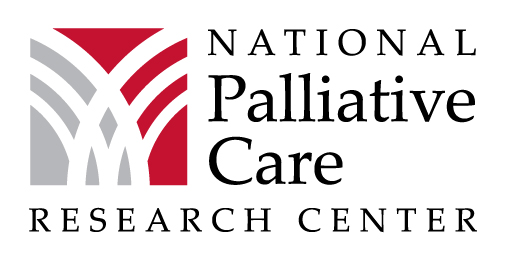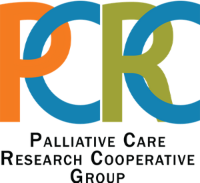On behalf of NPCRC and PCRC: NIA FOA on Palliative Care Consortium
10.09.2023


To researchers in the palliative care research community,
As many of you
are aware, the National Institute on Aging (NIA), in collaboration with the
Eunice Kennedy Shriver National Institute of Child Health and Human Development
(NICHD),
National Institute of Mental Health (NIMH),
National Institute of Neurological Disorders and Stroke (NINDS),
National Institute of Nursing Research (NINR), and National Cancer Institute (NCI)
published on Friday (10/6/23) a “Notice of Intent to Publish a Funding Opportunity
Announcement for Consortium for Palliative Care Research Across the Lifespan
(U54 Clinical Trial Required)” (NOT-AG-23-050). The announcement
calls for the creation of a “Consortium” whose aim will be to provide
resources, expertise, and coordination to advance innovative, high-quality
research on palliative care for those living with serious illnesses across the
lifespan. Through this Notice of Intent, the NIH recognized that there is a
need for a cross-Institute structure to leverage synergies, coordinate efforts,
develop the scientific workforce, and address remaining gaps in our field.
You might not be aware of what preceded the pending funding
announcement. For the past three 3 years, the National Palliative Care
Research Center (NPCRC) and Palliative Care Research Cooperative (PCRC) leaders
met with members of these NIH Institutes about the need for a cross-Institute,
cross-discipline, and life-spanning NIH structure that would continue to
promote palliative care research. The structure was essential to encompass the
core programs of the NPCRC and the PCRC, both who have already sunsetted or
will sunset soon. PCRC and NPCRC leaders built collaborations and relationships
with NIH leaders at key Institutes and together with them created the concept
that is reflected in the pending funding announcement. At the same time,
the NPCRC and PCRC leadership partnered with a coalition of stakeholders,
advocacy organizations, membership societies, and palliative care scientists to
educate key senators and their staff about the need for research to inform care
for people with serious illness. The advocacy organizations and membership societies
then worked on obtaining the necessary congressional appropriations to fund
this initiative. The 2024 Senate appropriations includes this funding due to
the tremendous advocacy work of the American Cancer Society, the Patient
Quality of Life Coalition, and the National Hospice and Palliative Care
Coalition.
Although the Funding Opportunity Announcement (FOA), which
will include details about the final U54 Specialized Center--Cooperative
Agreement mechanism, has yet to be published, the opportunity it presents to
the field of palliative care science is “game changing.” We believe that
this FOA will provide a mechanism for multiple institutions to come together in
a strategic collaborative coalition with NIH to leverage this funding for
ground-breaking and transformative science. In addition to catalyzing the
development of the evidence base to improve the care of persons with serious
illness and their families, it also provides us with the ability to expand and
develop the workforce of palliative care scientists and ensure the success of
the next generation of scientific leaders.
The consortium represents both an amazing opportunity for
the field but also a critical step that must be done correctly for our field to
continue to advance. The success of our scientific endeavors and the improved
care that our patients and families deserve will depend upon our ability to
collaborate and strategize together as a community. As the leaders of NPCRC and
PCRC, we believe that our proudest and most meaningful accomplishment has been
the creation of a collaborative and integrated scientific community. We are
excited to see this FOA and the opportunity it presents to continue the work of
PCRC and NPCRC and to nourish and expand this community. We look forward
to working with all of you on the next stage of this journey.
With sincere gratitude and thanks for getting us all here,
Melissa Aldridge, MBA, PhD
Catherine Maroney Galin, MPH
R. Sean Morrison, MD
(on behalf of the National Palliative Care Research Center)
Jean Kutner, MD, MSPH
Kathryn Pollak, PhD
Christine Ritchie, MD, MSPH
(on behalf of the Palliative Care Research Cooperative)